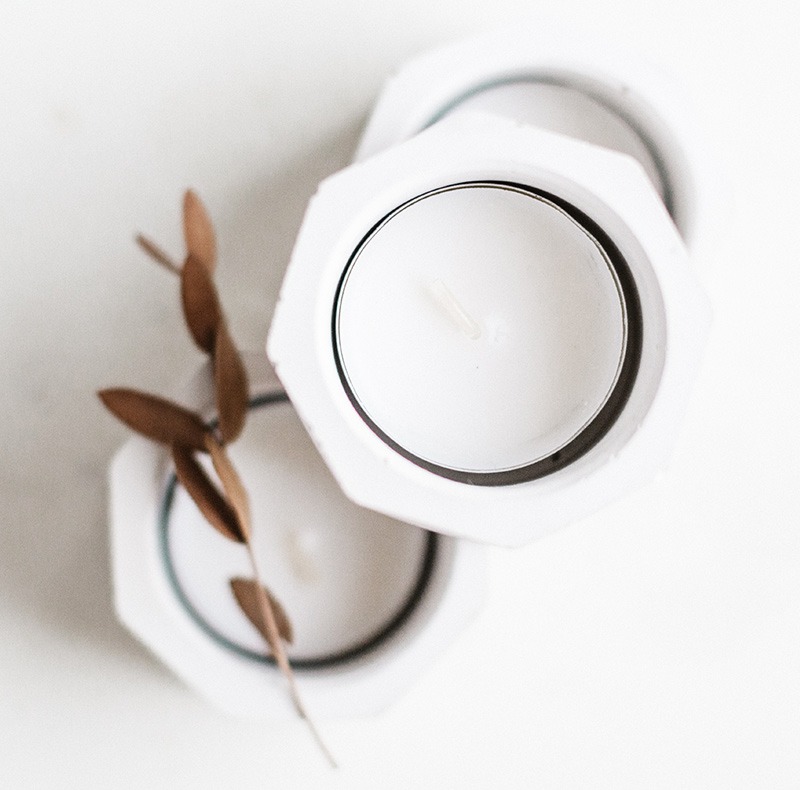1. What are the benefits of beeswax candles?
Compared to parrafin (petroleum-based) and soy candles, beeswax candles have many benefits: they burn cleanly, releasing negative ions into the air that can help purify it of pollutants, allergens, and other irritants; they also emit a natural honey scent and are non-toxic, making them a safer option for those with allergies or sensitivities.
2. How do beeswax candles compare to soy wax candles?
Beeswax candles are considered to be a more natural and eco-friendly option than soy wax candles. While soy wax is made from a renewable resource, it is often genetically modified and can be heavily processed. Beeswax, on the other hand, is a natural by-product of beekeeping and requires minimal processing.
3.Can beeswax candles help with allergies and asthma?
Beeswax candles can help purify the air and remove allergens and irritants, which can be beneficial for those with allergies and asthma. The negative ions released when beeswax candles are burned can trap and neutralize pollutants and allergens in the air.
4.Do beeswax candles burn longer than paraffin wax candles?
Beeswax candles generally burn for a longer period of time than paraffin wax candles due to the natural wax's high melting point. Additionally, beeswax candles also tend to burn more slowly, which means they can last up to 50% longer than paraffin wax candles.
5. Can beeswax candles be used for aromatherapy?
Beeswax candles can be used for aromatherapy, as they release negative ions into the air when burned. These ions can help purify the air and neutralize pollutants and allergens, as well as promote a sense of well-being and relaxation. Additionally, the natural honey scent of beeswax can be calming and soothing.
6. What are the benefits of cold process soaps?
Our cold process soaps are made using a method that preserves the natural glycerine and oils in the soap, making them gentler on the skin and more moisturizing than commercially produced soaps. They also typically contain natural ingredients, such as essential oils and botanicals, that can provide additional benefits for the skin.
7. How do cold process soaps compare to commercially produced soaps?
Our cold process soaps are typically made using all-natural ingredients, whereas commercially produced soaps often contain synthetic ingredients and preservatives. Commercially produced soaps also typically remove the natural glycerine from the soap, which can leave skin feeling dry and stripped of its natural oils.
8. Can cold process soaps help with sensitive skin?
Leon Luxury's cold process soaps can be helpful for those with sensitive skin because they are gentler and less likely to cause skin allergies and irritation compared to any commercially produced soaps. Our soaps undergo significant levels of testing, they are registered with the UK Government's Office for Product Safety and Standards, they are independently verified and tested, and are free of harsh chemicals and artificial colours, which can help reduce the risk of allergic reactions.
9.How long do cold process soaps last?
The lifespan of a cold process soap depends on how it is stored, how frequently it is used, and the ingredients used to make it. Properly stored cold process soaps can last up to a year, but due to their natural ingredients they may not last as long as commercially produced soaps.
10.Can cold process soaps be used on all skin types?
Cold process soaps can be used on all skin types, but it's important to choose a soap that is formulated for your specific skin type. For example, soaps that contain a high percentage of moisturizing oils, like olive oil, can be beneficial for dry skin, while soaps that contain tea tree oil or peppermint oil can be beneficial for oily skin.
11. Are your body butters suitable for all skin types?
Yes, they are. We recommend using the Myrrh Body Butter if your skin is very dry, and the Sandalwood Body Butter if you have normal skin. Our Leave-on Exfoliating Body Butter is particularly recommended if you have dry skin patches, as it exfoliates and nourishes at the same time. The ethos behind our body butters is “less is more”, therefore we recommend using a very small quantity of body butter to begin with (1/4 of the spatula provided), to understand your skin’s absorption level, i.e. how quickly it is absorbed. We also recommend spreading it out and massaging it in well, as opposed to just applying it on.
12. Are your face and eye elixirs safe to use on eye lids and under the eye area?
Yes, they are. All our Face and Eye Elixirs – Decadence, Delight and Desire – are especially formulated to cater for both your complexion and eye skin, and they have undergone rigorous safety checks. They contain no chemicals, no preservatives and no fragrance or essential oils, as these are harmful for facial and eye application. Decadence is suitable for those with oily-to-combination skin, and for those who are prone to acne or breakouts. Delight is suitable for those with sensitive skin, particularly rosacea and red pigmentation. Desire is suitable for those with dry skin.
13. How do I use the Bee Bliss?
With the spatula provided, gently scrape, don’t scoop, a very small quantity of the elixir. Then work it in well on the area affected: cracked heels, sore and dry bunions, hand calluses, scrapes and minor cuts.
Frequently asked
questions
Call us +44 203 576 1668
or drop us
a message Sales@Leon.Luxury


